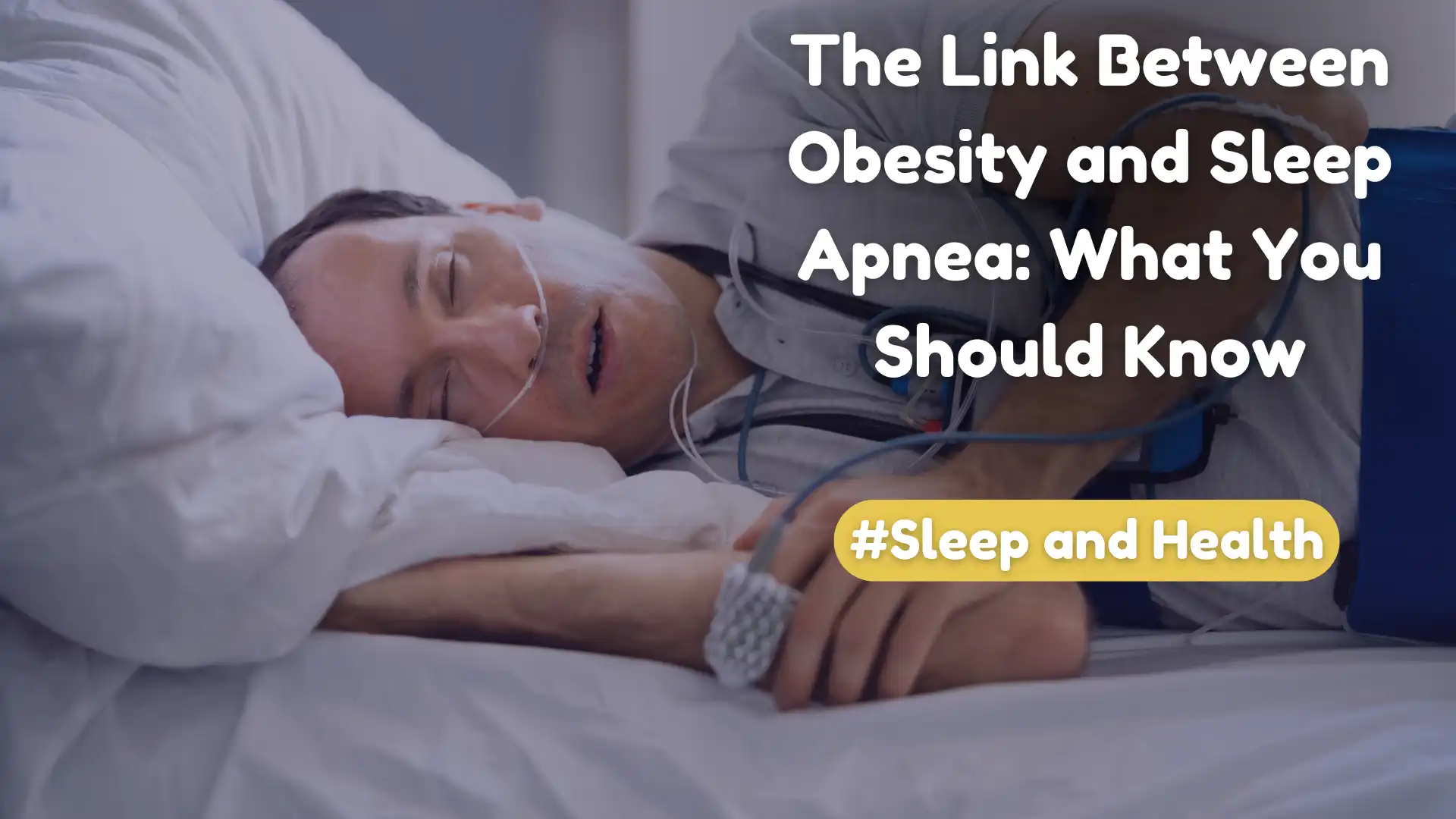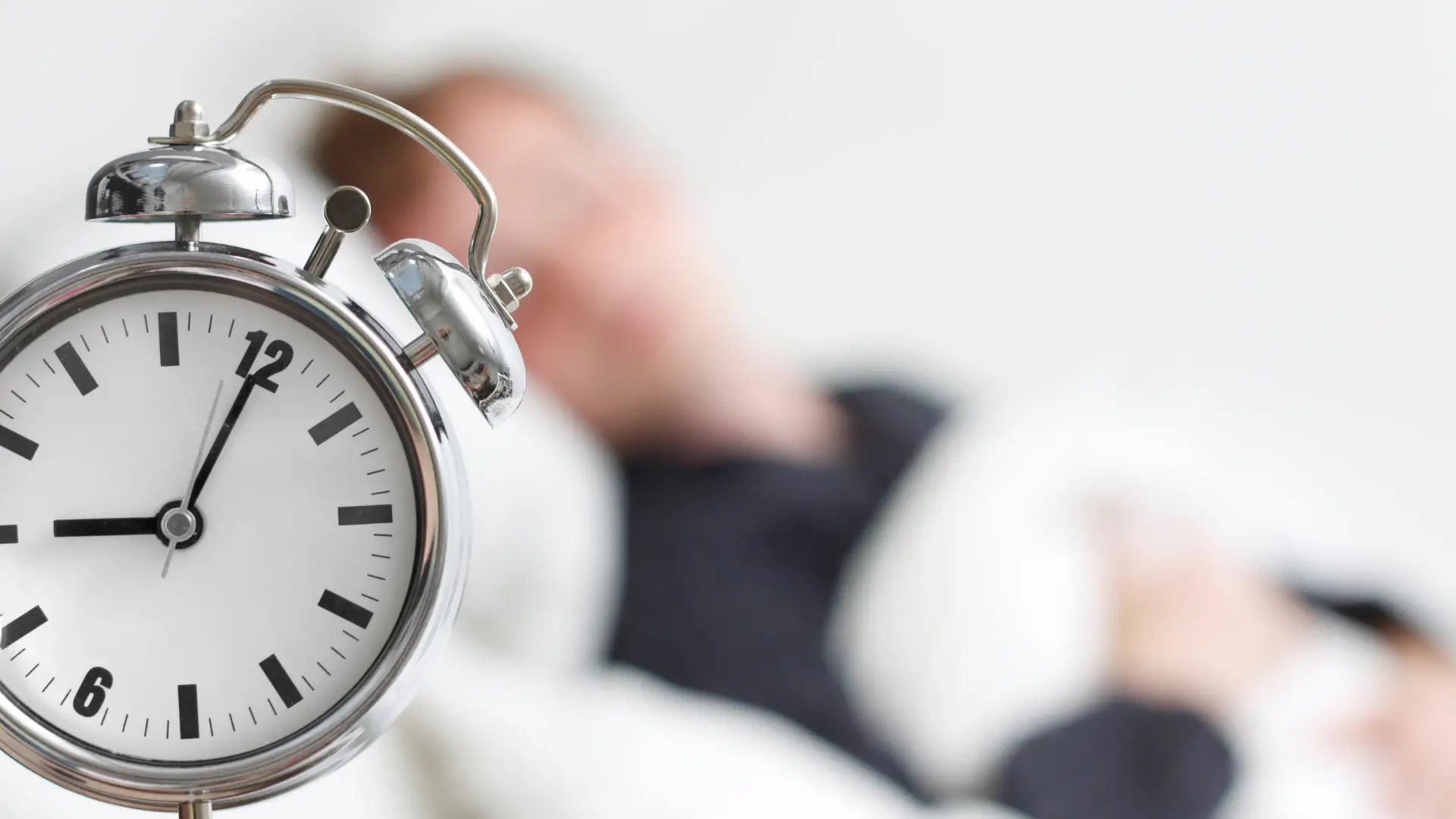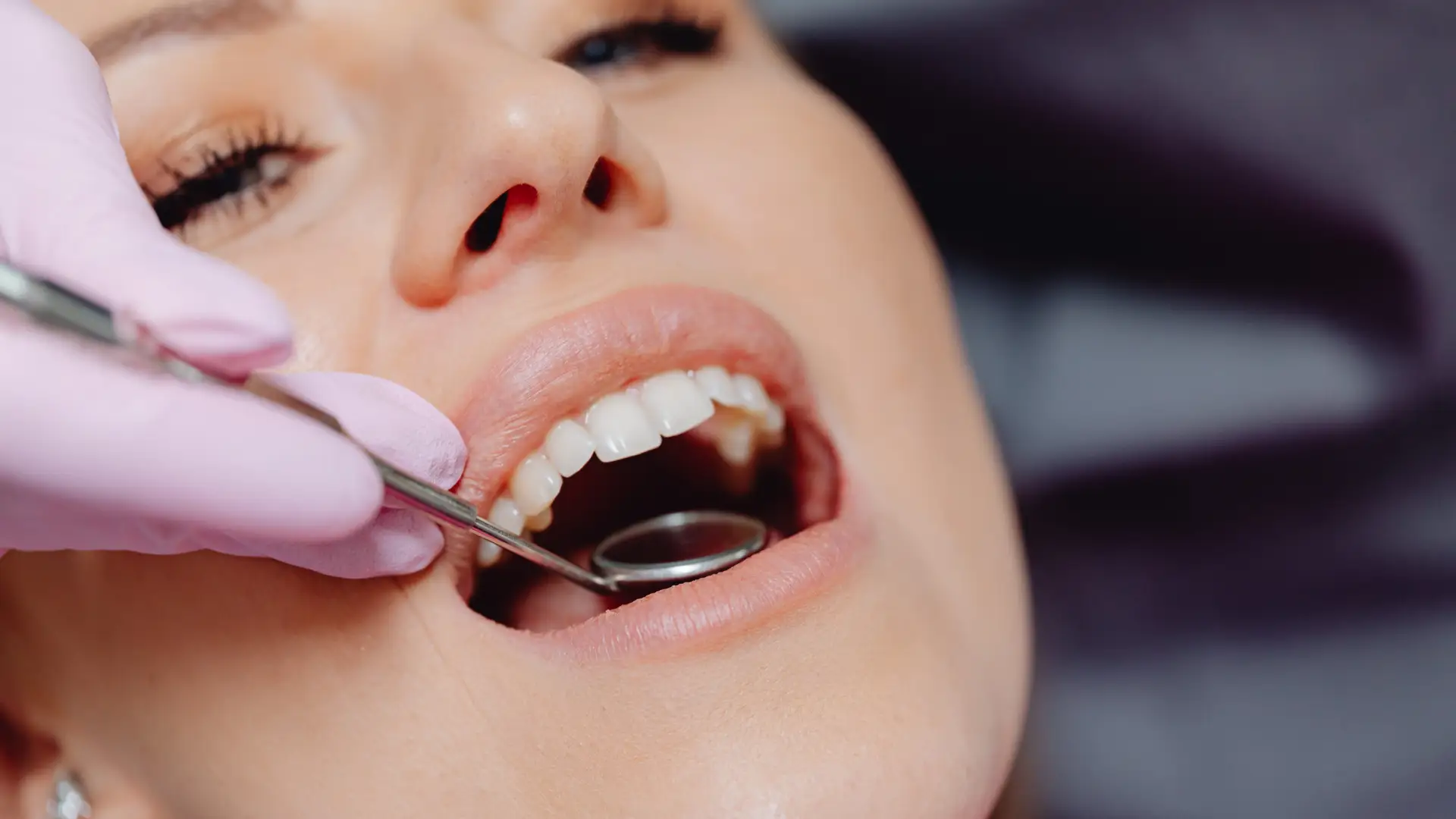The Link Between Obesity and Sleep Apnea: What You Should Know
Posted By:
September 1, 2025
9:00 AM
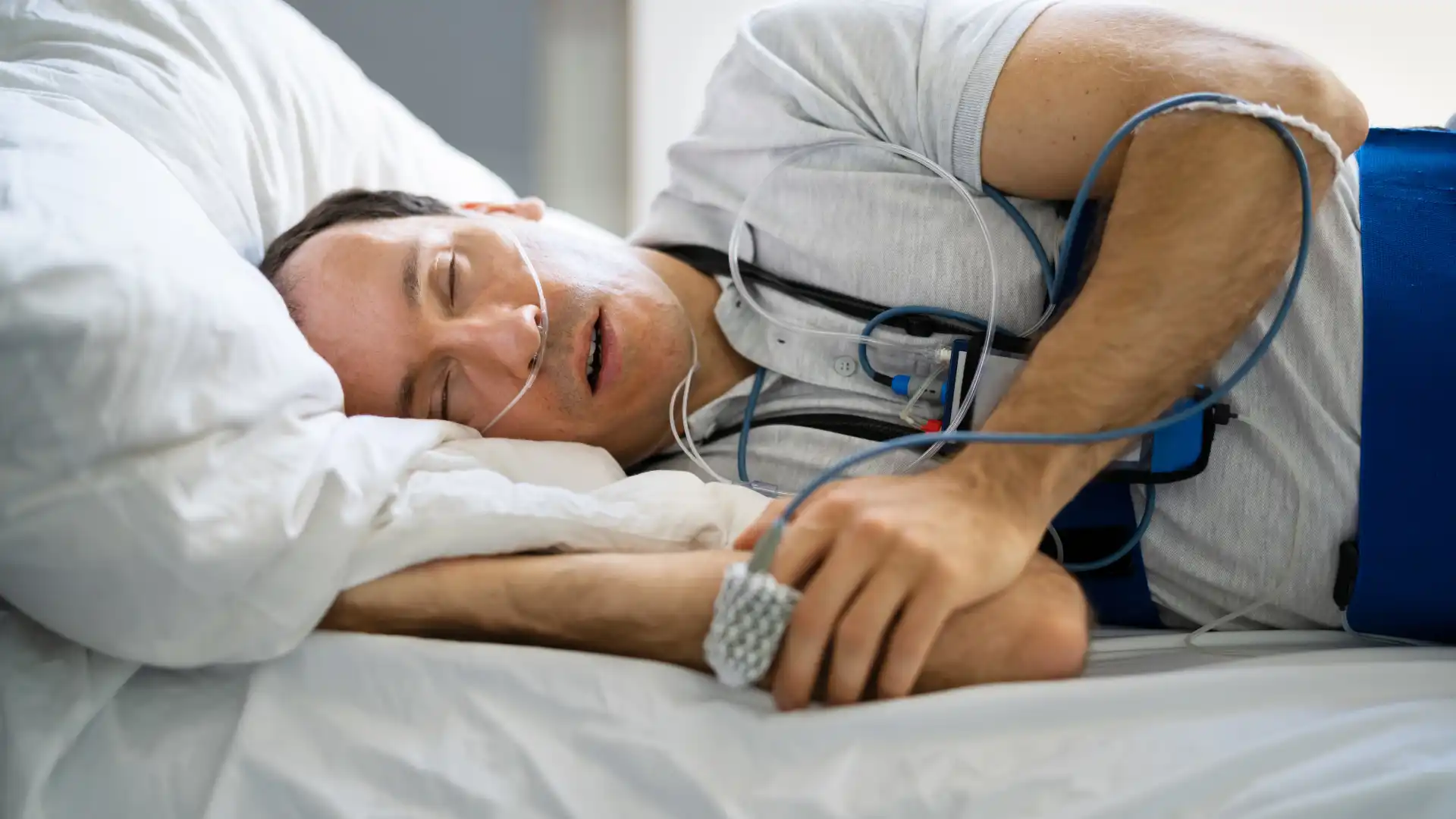
The more researchers study sleep apnea, the more links they find between it and other serious and potentially life-altering medical conditions. In some cases, sleep apnea itself may lead to potentially dangerous conditions such as dementia and cognitive decline. In other cases, an existing medical condition can lead to the development of sleep apnea. Recent studies indicate that obesity and obstructive sleep apnea may have a close connection to one another.
Understanding the links between sleep apnea and other conditions, such as obesity, can help you form a more comprehensive picture of your overall health and find solutions for the source of your sleep issues.
How Obesity Contributes to Sleep Apnea
Obstructive sleep apnea, or OSA, impacts a person’s sleep duration and quality. OSA causes the soft tissues in the throat, tongue, or soft palate to block the upper airway. When an episode occurs, breathing repeatedly stops and starts. This interruption in breathing can deprive the brain of oxygen and disrupt a person’s natural sleep cycle.
Studies suggest that obesity plays a crucial role in the development of sleep disorders like obstructive sleep apnea for several reasons. First, neck circumference and fat deposits around the airway can place extra pressure on the airway. This tissue narrows the airway, making breathing harder, especially at night. Even small accumulations of fat in the neck area can make an airway more prone to collapse during sleep. Some studies also show a connection between body mass index and snoring. Snoring is more prevalent in groups of people considered clinically pre-obese and obese.
Increased fat deposits in the abdominal region can also lead to sleep apnea. These deposits can cause breathing problems because extra fat can push against the diaphragm. This pressure reduces lung capacity, making taking deep and steady breaths more challenging.
Weight-related breathing issues may also be caused by inflammation, metabolic syndromes, and hormonal changes or imbalances brought on by excess fat deposits.
The Cycle: Sleep Apnea Can Also Contribute to Weight Gain
Unfortunately, obesity and sleep apnea can cause a vicious feedback loop that can be challenging to break out of. Obesity can lead to the development of sleep apnea. Those already diagnosed with sleep apnea may find that obesity makes the condition even worse. Weight loss can help reduce breathing problems and help individuals achieve their health goals. The problem for many patients is that sleep apnea caused by obesity can make weight loss more difficult.
Often, the cycle looks like this: Obesity leads to sleep apnea. Poor sleep leads to daytime fatigue, hormonal disruptions, and reduced energy for physical activity. Obesity issues get worse, and sleep apnea issues get worse. The cycle continues repeating itself and progressively deteriorates a patient’s overall health.
Health Risks of Sleep Apnea in Obese Individuals
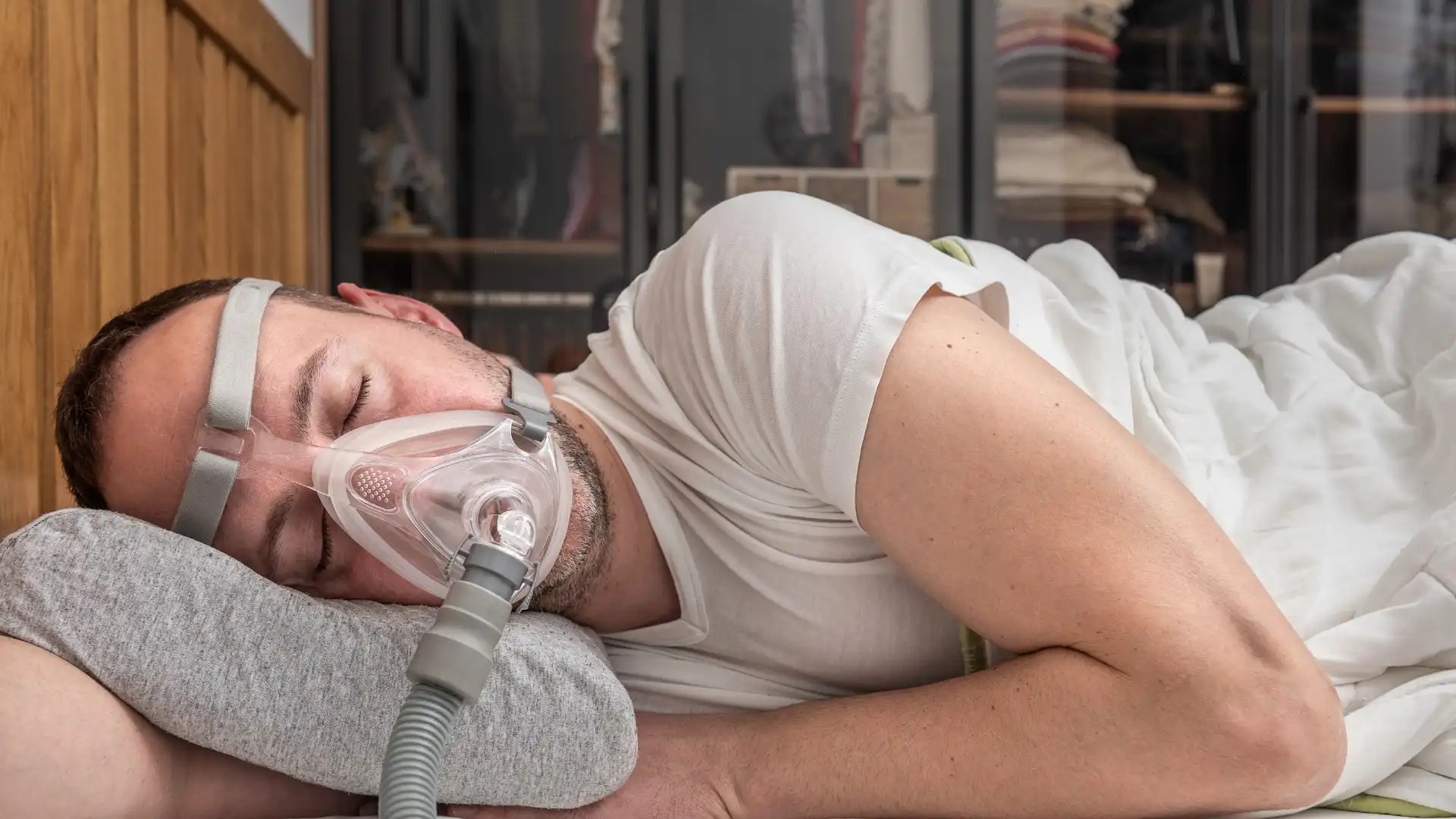
Other health risks associated with sleep apnea and obesity include:
- Type 2 Diabetes
- Other metabolic conditions
- Chronic fatigue
- Cognitive impairment
- Increased risk of depression or anxiety
For obese individuals, untreated sleep apnea poses multiple health risks, from heart disease and diabetes to cognitive decline. The right treatment can significantly reduce these risks. However, being told to “lose weight” is not likely to be an effective strategy.
Patients need support since the sleep apnea-obesity cycle can be challenging to break through. There are resources available that can help obese individuals get better quality sleep. Oral appliances and other tools can reduce the severity of sleep apnea, giving patients more rest and the energy boost they need to feel better and make additional changes. With help from a medical provider and a sleep specialist, lifestyle changes, medical intervention, and an oral appliance can help treat obesity and sleep apnea.
It’s Time to Get a Sleep Expert Involved in Your Care
You don’t have to undertake this journey alone. Involving a sleep specialist with Silent Night Therapy can help you gain the knowledge and tools to help you beat back sleep apnea, rest easier, and find the energy you need to invest in your health.
Contact us online or call (631) 983-2463 for a complimentary sleep consultation. Let’s talk about your goals and find sleep solutions that help you wake feeling refreshed.
Related Posts:
The Effect of Untreated Sleep Apnea on Your Health

